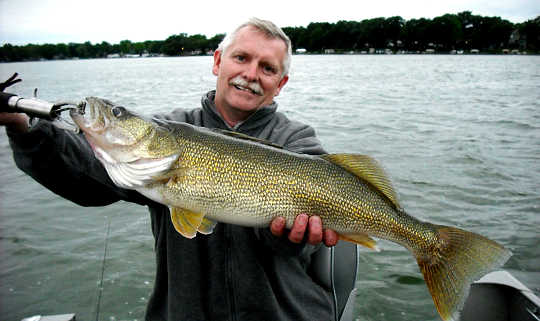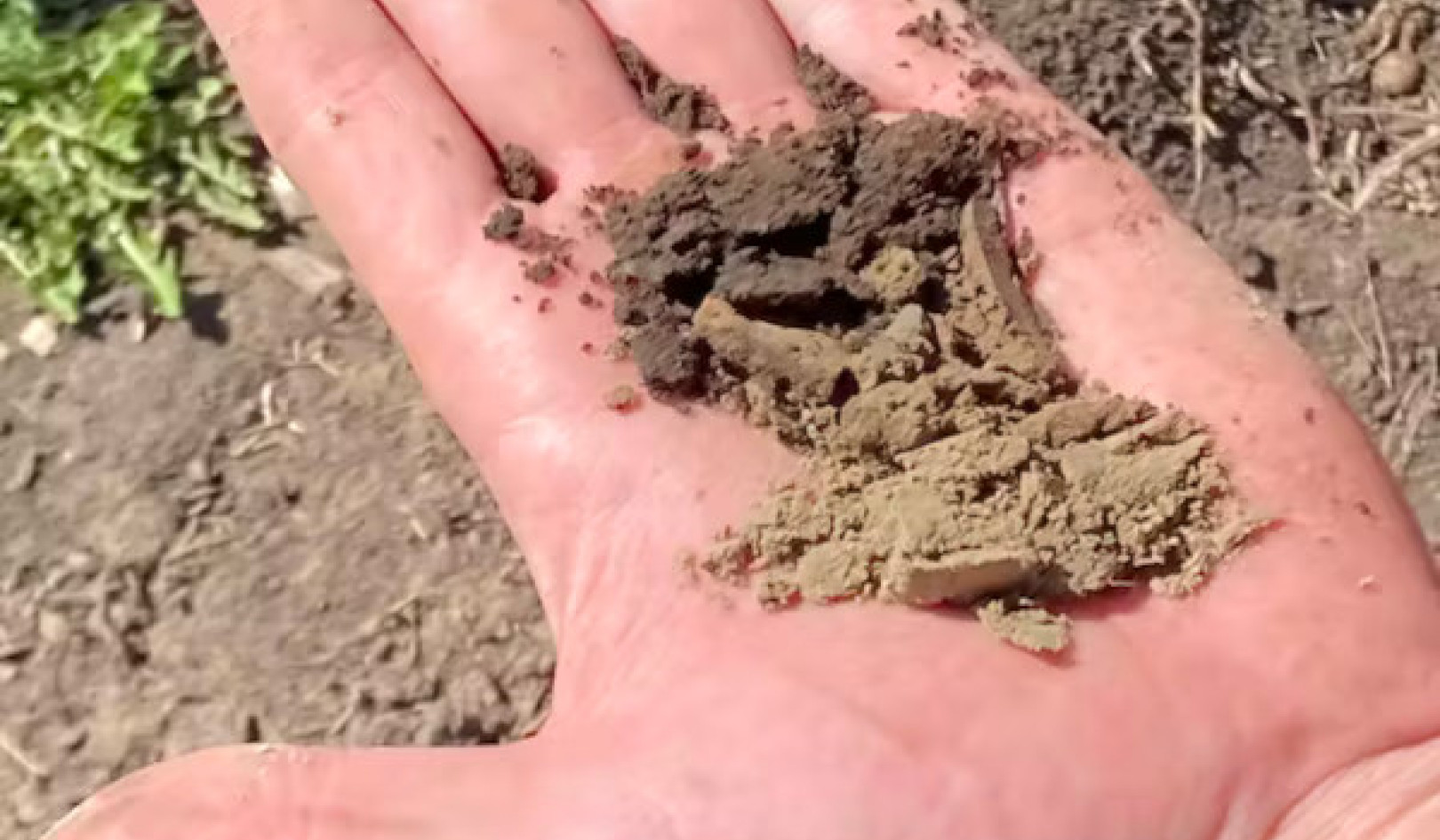
Outdoor sportsmen, like this union fisherman, are being mobilized around the issue of defending public lands. | UnionSportsmen.org
After intense political activism, an attack from the Trump administration on public lands has been shot down. The fight is far from over, but with the unexpected fightback of hunting and fishing groups, attempts to privatize federal land will meet new opposition.
It was that unexpected pressure that caused U.S. Rep. Jason Chaffetz to drop his plan to force the sale of 3.3 million acres of federal land. The Utah Republican, who chairs the House Oversight and Government Reform Committee, supported H.R. 621, a bill called the Disposal of Excess Federal Lands Act, which would have put those acres up for sale to non-federal entities after being deemed by Republicans to “serve no purpose for taxpayers,” regardless of the environmental and conservational reasons for maintaining that land under federal protection.
Years ago, House bill 621 had been introduced twice before, only to fail due to the threat of veto by President Obama. Under Trump, however, the bill was likely expected to move forward quickly, and Chaffetz reintroduced it on Jan. 24. But two groups – the D.C.-based Theodore Roosevelt Conservation Partnership and Montana’s Backcountry Hunters and Anglers – stood in his way, backed by clean water and air advocates and bolstered by alliances with other environmental groups.
Both groups are politically bipartisan, and largely composed of hunters and fishermen – working class nature lovers, and not necessarily self-proclaimed environmentalists. The industry they represent, however, is a potential force to be reckoned with, if it can be mobilized around the same issues as those dealt with by environmental and conservation organizations. The outdoor recreation industry generates about $646 billion in consumer spending per year, according to the Outdoor Industry Association (OIA). It also creates about 6.1 million jobs annually. The OIA described it as “a growing and diverse economic super sector that is a vital cornerstone of successful communities.”
Another factor to take into account is the value of the very land at risk from Republican meddling. A study last year estimated that parks and programs managed by the National Park Service (NPS) are worth about $92 billion, $32 billion of which was linked to NPS programs that include recreational activities, efforts to protect landmarks, and educational programs.
Meanwhile, among those who make the outdoor recreation industry possible, H.R. 621 stirred up concern and indignation. “Once that bill was introduced, the hornet’s nest was kicked,” said Land Tawney, president and CEO of Backcountry Hunters and Anglers. “We’re fired up, and this is just the beginning,” he added, promising that sportsmen will be there to challenge further attacks on public lands. “This fight is far from over. We will not rest until this is taken out of the platform of the Republican Party.”
Chaffetz eventually announced via Instagram post that he would withdraw the land selloff bill.
It’s important to note, however, that those future attacks will indeed happen, as House Republicans on Jan. 3 changed the way Congress calculates the cost of transferring federal lands to those “other entities” – namely, developers. The provision, introduced as part of a broader collection of rules, will help make it easier to cede federal control of public lands. Previously, before a bill approving such a transfer could be adopted, budget cuts would have to be made in other federal programs equal to the value of that land; the rules change eliminates that barrier, essentially expediting the process of selling off land to the highest bidder.
Rep. Raul Grijalva, D-Ariz., who is on the Natural Resources Committee, remarked, “The House Republican plan to give away America’s public lands for free is outrageous and absurd. This would allow Congress to give away every single piece of property we own, for free, and pretend we have lost nothing of any value. Not only is this fiscally irresponsible, but it is also a flagrant attack on places and resources valued and beloved by the American people.”
This article originally appeared on People's World
About The Author
Blake Skylar is a production manager, responsible for the daily assembly of the PW home page. He also writes on environment and culture. He has covered issues including the BP oil spill and the UN Climate Conference in Paris. His coverage has earned him awards from the Illinois Woman’s Press Association and the International Labor Communications Association. He is currently in Weehawken, in his home state of New Jersey. He likes cats, wine, books, music, and nature. He writes a blog that can be found at blakedeppe.com.
Related Books
at InnerSelf Market and Amazon





























